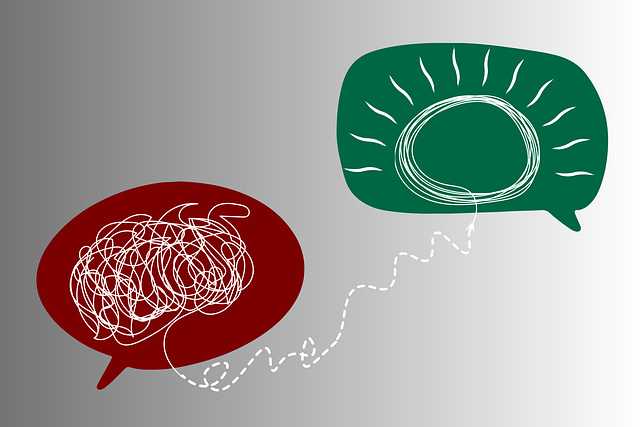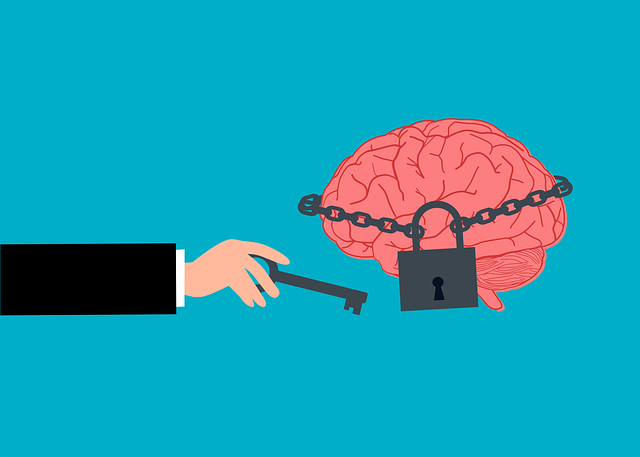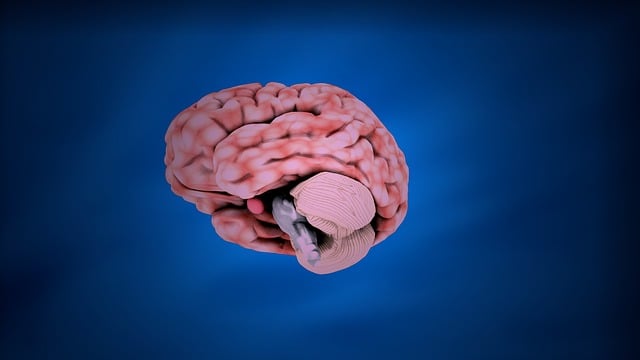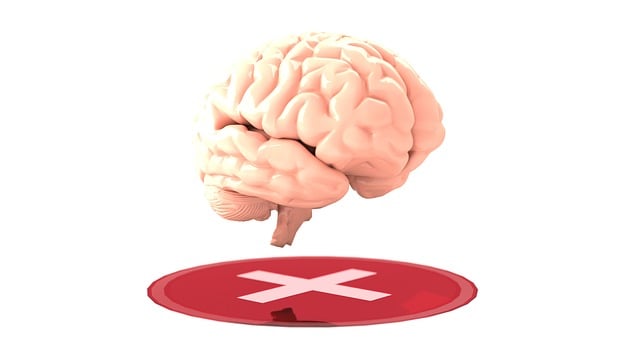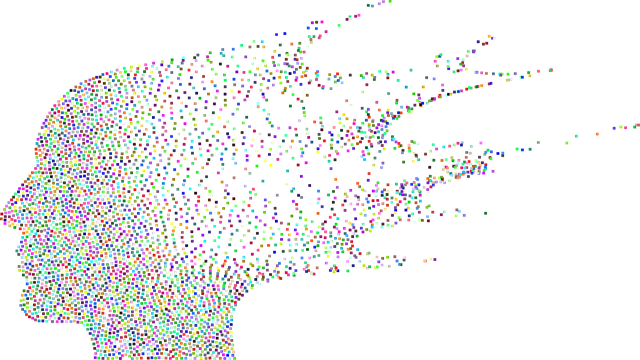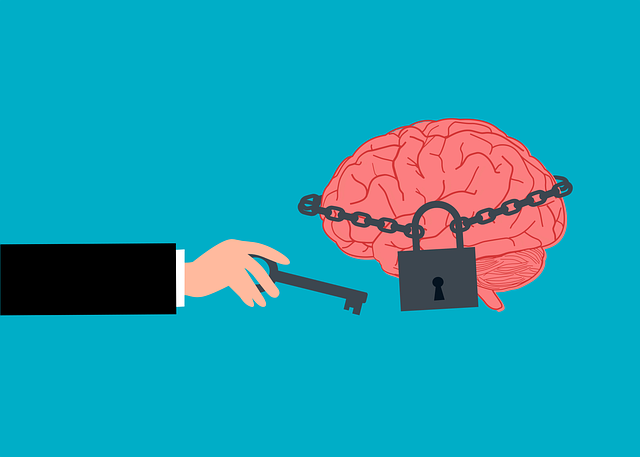In today's diverse healthcare landscape, cultural competency is crucial for effective treatment of mental health conditions like Centennial Phobias. Training in self-awareness, compassion cultivation, and bias recognition through programs like Centennial Phobias Therapy equips providers to deliver empathetic, culturally sensitive care. This includes managing stress and preventing burnout through workshops and exercises, improving patient outcomes and satisfaction. Measuring success through multi-faceted evaluations and continuous improvement initiatives ensures quality patient care and fosters an inclusive healthcare environment.
In today’s diverse healthcare landscape, cultural competency is no longer an option but an imperative. This article explores the critical need for training programs that foster understanding and empathy among healthcare providers. We delve into the pervasive impact of biases and stereotypes on patient care, offering insights into how these unconscious influences can hinder effective treatment. Additionally, we present essential components for robust cultural competency training, highlighting best practices and providing a roadmap for improvement, especially relevant in addressing century-old phobias and biases through therapy.
- Understanding Cultural Competency in Healthcare: A Need for Change
- The Impact of Bias and Stereotypes on Patient Care
- Essential Components of Effective Training Programs
- Measuring Success: Evaluating and Improving Cultural Competency
Understanding Cultural Competency in Healthcare: A Need for Change

In the dynamic landscape of healthcare, understanding cultural competency is no longer a choice but an imperative. The diverse patient populations in modern societies demand that healthcare providers offer care that respects and embraces different cultural backgrounds, beliefs, and values. This need for change is especially crucial in addressing issues like Centennial Phobias Therapy, where cultural sensitivity can significantly impact treatment outcomes. Traditional approaches often fail to consider the intricate web of cultural influences that shape an individual’s mental health experiences and expressions.
Healthcare Provider Cultural Competency Training plays a pivotal role in fostering this understanding. Through Self-Awareness Exercises and Compassion Cultivation Practices, providers learn to navigate complex interactions with patients from various cultural contexts. By integrating these practices into their routine, healthcare professionals can enhance their ability to deliver empathetic, effective care, ensuring that every patient receives treatment tailored to their unique needs and beliefs.
The Impact of Bias and Stereotypes on Patient Care

Unconscious biases and stereotypes can significantly impact patient care in healthcare settings. These biases, often rooted in cultural, racial, or gender-related preconceptions, can lead to misjudgments and inaccurate assessments of patients’ needs. For instance, a healthcare provider might unconsciously associate certain symptoms with specific ethnic groups, influencing their diagnostic approach. This phenomenon is particularly concerning as it can result in delayed treatment or inappropriate care. For example, research has shown that racial biases can impact the diagnosis and treatment of mental health conditions, such as anxiety disorders or depression, leading to poorer outcomes for marginalized communities.
The consequences of these biases extend beyond individual patient experiences. They contribute to systemic disparities in healthcare, exacerbating existing health inequalities. To address this issue, training programs like Centennial Phobias Therapy offer valuable tools. Self-awareness exercises and risk assessments for mental health professionals can help identify and mitigate biases. Additionally, crisis intervention guidance ensures that providers are equipped to handle sensitive situations with cultural sensitivity, ultimately improving patient care and trust in healthcare systems.
Essential Components of Effective Training Programs

Effective cultural competency training programs for healthcare providers should incorporate several essential components to ensure maximum impact and long-lasting change. First, Centennial Phobias Therapy techniques can be integrated into the curriculum to help professionals understand and overcome biases rooted in historical and cultural contexts. This involves exploring personal beliefs, unconscious stereotypes, and systemic barriers that may hinder patient care.
Additionally, Stress Management Workshops Organization, Mental Wellness Journaling Exercise Guidance, and Self-Care Routine Development for Better Mental Health should be integral parts of the training. These practices empower healthcare providers to manage their own stress levels, maintain emotional resilience, and prevent burnout, thereby enhancing their ability to offer compassionate and culturally sensitive care to diverse patient populations.
Measuring Success: Evaluating and Improving Cultural Competency

Measuring success in healthcare provider cultural competency training is vital for ensuring meaningful and effective patient care. Evaluating progress involves a combination of self-assessment, peer feedback, and formal assessments. Pre and post-training surveys can gauge knowledge gain and attitude shifts towards diverse populations. Additionally, case studies or role-playing scenarios allow trainers to observe and provide constructive criticism on communication skills and cultural sensitivity during practical applications.
For continuous improvement, organizations should encourage ongoing self-reflection among providers. This can be facilitated through regular debriefing sessions after interactions with patients from different backgrounds. Integrating practices like mindfulness meditation and stress management workshops can enhance emotional awareness and reduce potential biases or defensive reactions. Over time, such initiatives contribute to a more inclusive healthcare environment, improving patient outcomes and satisfaction, especially in areas related to Centennial Phobias Therapy, where cultural sensitivity is paramount for effective treatment delivery.
Cultural competency training is a vital step towards enhancing healthcare services, ensuring equal access, and improving patient outcomes. By addressing biases and stereotypes, healthcare providers can create an inclusive environment that respects diverse cultural backgrounds. Effective training programs, focusing on education, role-playing, and real-world application, empower professionals to deliver empathetic care tailored to individual needs. Regular evaluation and feedback mechanisms are key to measuring success and fostering continuous improvement, ultimately benefiting both patients and practitioners in the ever-evolving healthcare landscape, including specialized areas like Centennial Phobias Therapy.
